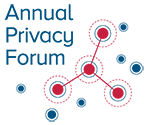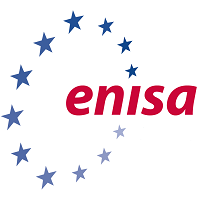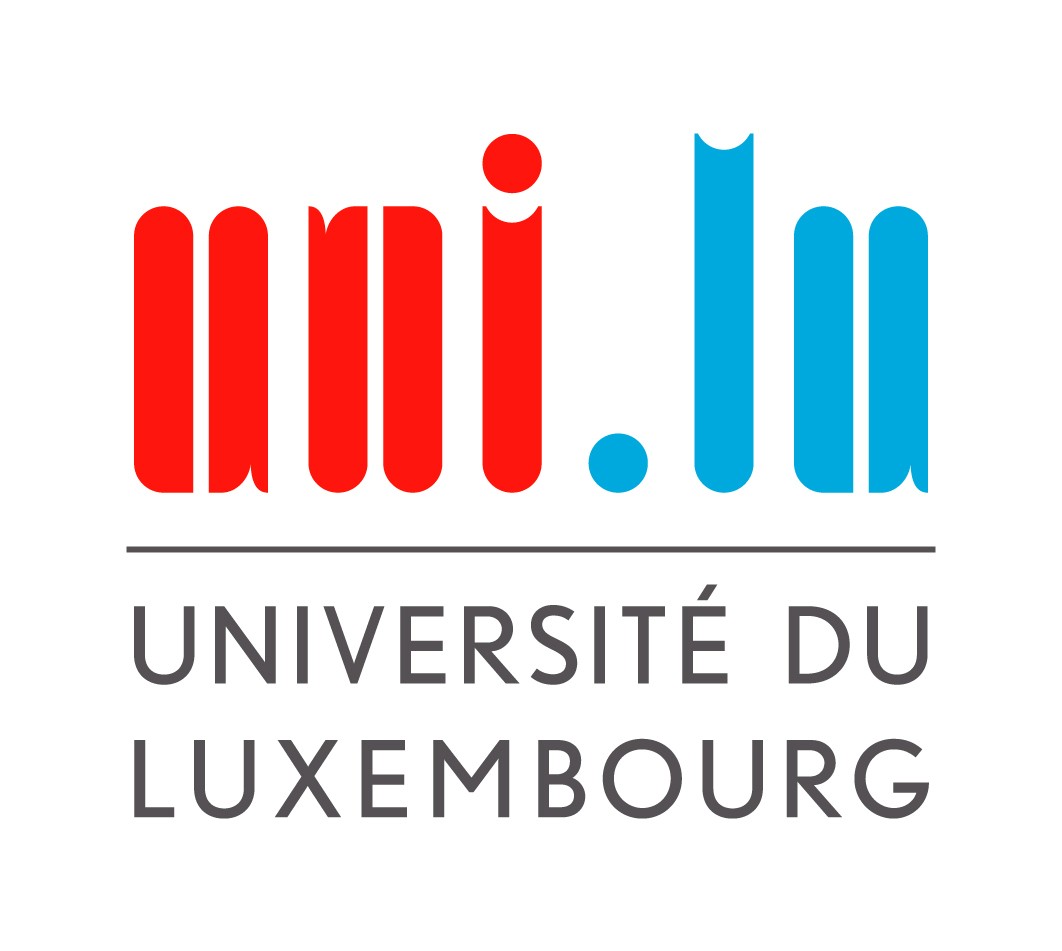Organisers
Latest news


- 2015 Annual Privacy Forum focusing on Privacy Enhancing Technologies [posted on: 13/10/2015]
- CALL for academic papers EXTENDED [posted on: 03/06/2015]
Call for Papers
We invite papers containing original work on topics including:
• Building privacy by design and by default
• Cryptography for privacy
• Identity management and privacy
• Location and mobility privacy
• Privacy and inference control in databases
• Privacy-friendly data correlation and migration techniques
• Privacy technologies attacks
• Privacy-enhanced access control and authentication/certification
• Privacy-friendly biometrics
• Privacy-friendly payment mechanisms for PETs and other services
• Privacy in online social networks
• Privacy, surveillance and cyber security
• Online privacy tools (anonymity support, anti-tracking)
• Privacy in sensor-based networks
• Privacy and big data
• Profiling and scoring techniques
• Privacy policy languages and tools
• Anonymization and pseudonymization
• Reputation systems
• Reliability, robustness and abuse prevention in privacy systems
• Traffic analysis
• Economics of privacy and PETs
• Transparency- and awareness- enhancing tools
• Usability issues and user interfaces for PETs
• Teaching about privacy and PETs
• Accountability
• Privacy and non-discrimination
• Legal privacy issues
• Psychological and sociological privacy issues.
We particularly invite papers that make it explicit how the presented work can contribute to bridging the gap between research and policy, as well as multidisciplinary papers regarding the technological, legal and societal aspects of privacy. State of Knowledge papers (surveys) are also invited.
Moreover, in order to also encourage contributions from policy makers, representatives of competent authorities (such as Data Protection Authorities), industry experts, NGOs and civil society associations, we invite opinion papers from all stakeholders on the above mentioned topics. Opinion papers will reflect the opinion/position of the author(s) on the selected privacy-related topic.
In addition to the presentation of the accepted contributions, APF15 will host a special session aimed at bringing together legal and technical approaches on specific practical privacy issues. This session will present current topics in privacy with a view to the expertise and questions of practitioners such as data controllers and Data Protection Officers. In addition to invited speakers, we aim at selecting appropriate highlights from the paper sessions for this training session; we therefore invite paper authors to indicate (if applicable) their interest in contributing to this session.
Instructions for paper submission
We invite submissions of original work; papers must not overlap substantially with papers that have been published or that are simultaneously submitted to a journal or a venue with proceedings. Submissions can be up to 16 pages long, excluding bibliography and appendices. Shorter submissions are encouraged. PC members are not required to read the appendices, so the paper should be self-contained and intelligible without them. Submissions must be written in English and need to comply with the Springer LNCS style guide, which can be found at:
- http://www.springer.com/computer/lncs?SGWID=0-164-6-793341-0
- http://static.springer.com/sgw/documents/1121537/application/pdf/Springer_CS_Proceedings_Author_Guidelines_Jan_2013.pdf
Authors must submit their papers by the deadline indicated on the conference web site and follow the requirements stated there.
Submission at https://easychair.org/conferences/?conf=apf2015 .
Subject to the authors' consent, accepted papers will be published in Springer’s LNCS series (acceptance pending).
Note: In order to promote the content of the APF it is proposed to publish proceedings using the services of the particular publisher. However, authors have the choice to publish with whoever they choose.
Ph.D. Student Workshop Submission
The Ph.D. student workshop is open to both junior Ph.D. and prospective Ph.D. students. Authors are invited to submit papers (accepted papers will be limited to 4 pages excluded references, written in English and in LNCS format) describing the current state of their research. The paper should include a comprehensive description of the research problem, the challenges and major potential outcomes. The authors are encouraged to justify the chosen approach, highlight the conceptual and technical milestones and relate to the current state of the art. Specific, low-level technical details can be avoided. Papers will be evaluated based on the proposed idea, methodology and foreseen impact. Authors of the papers should only be the student and his/her advisors. Accepted submissions will be published in the conference proceedings.
Regarding opinion papers
The submissions should not exceed 1500 words (four pages in font size 12, Arial, single spaced, including references). Opinions should start with the title and an abstract, briefly introducing background and summarizing the contributions of the paper intelligible for non-specialist readers. The main part of the article should frame the opinion; it should also contain references that allow semi-experts and interested readers to follow up on the argument. Conclusions should be described in a form that is comprehensible to a general audience. Please include a short CV of the author/s that focuses on his/her/their involvement in the relevant field. All submitted articles that meet the quality requirements set by the editorial committee will be published on the APF website subject to authors' consent.
Important dates
Submission of full papers: May 15, 2015 Extended: May 31, 2015 June 15, 2015 Closed
Notification to authors: latest July 15, 2015
Camera-ready copies: September 03, 2015


 EC DG CONNECT
EC DG CONNECT